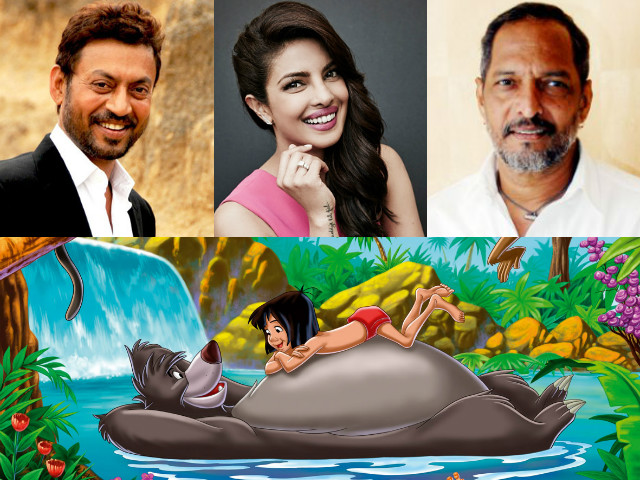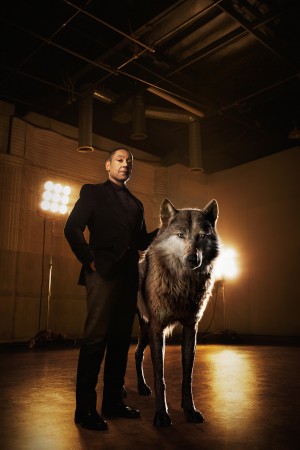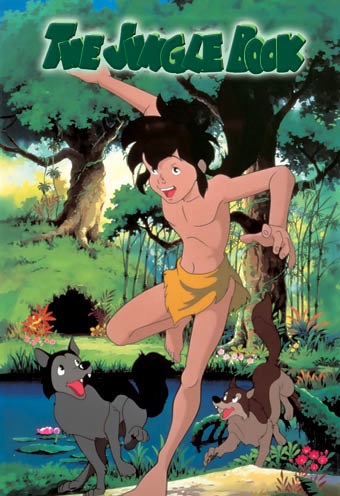

The actor said he found lots of similarities between the three central characters - Mowgli, Bagheera and film's antagonist Shere Khan but Bagheera, despite being caged by humans, does not hate the man-cub and forms an emotional bond with him. "Other adaptations have not gone that far to extract that visceral sense of what it is to be caught between or not have a real sense of belonging," he said.īale, who has voiced Bagheera, an elder brother-mentor to Mowgli, said it was important to present the film in India. Tonally, it is closer to the book," he said. It is about what it is to be torn between two worlds, that's the heart of it. It is about the complex, psychological, emotional journey of self-discovery. In many other adaptations, it seems like Mowgli is on the side while other animals take a star turn. "The different thing that separates this version from earlier ones is that it is really searching for the heart of Mowgli. The director said his version is about the identity crisis of Mowgli and how he comes to terms with it.
#Mowgli hindi voices movie#
In this age, you can't make a movie on this subject and not ground it in Indian culture," Serkis said.


The film has come to the root source, to tell this story, an interpretation that has never been in a country that inspired the story. "I am thrilled that we are opening the film here. Serkis, whose tone is darker than the earlier child-friendly versions of the story, said it was important for him to root it in India and bring the film here. The tale itself follows a boy caught up between two different worlds - mankind and animal kind. It was interesting to see talents from two industries mingle over a story, written by a British writer, who was born in colonial India.ĪLSO READ | 'Mowgli' explores colonialism, misappropriation of jungles: Andy Serkis


 0 kommentar(er)
0 kommentar(er)
